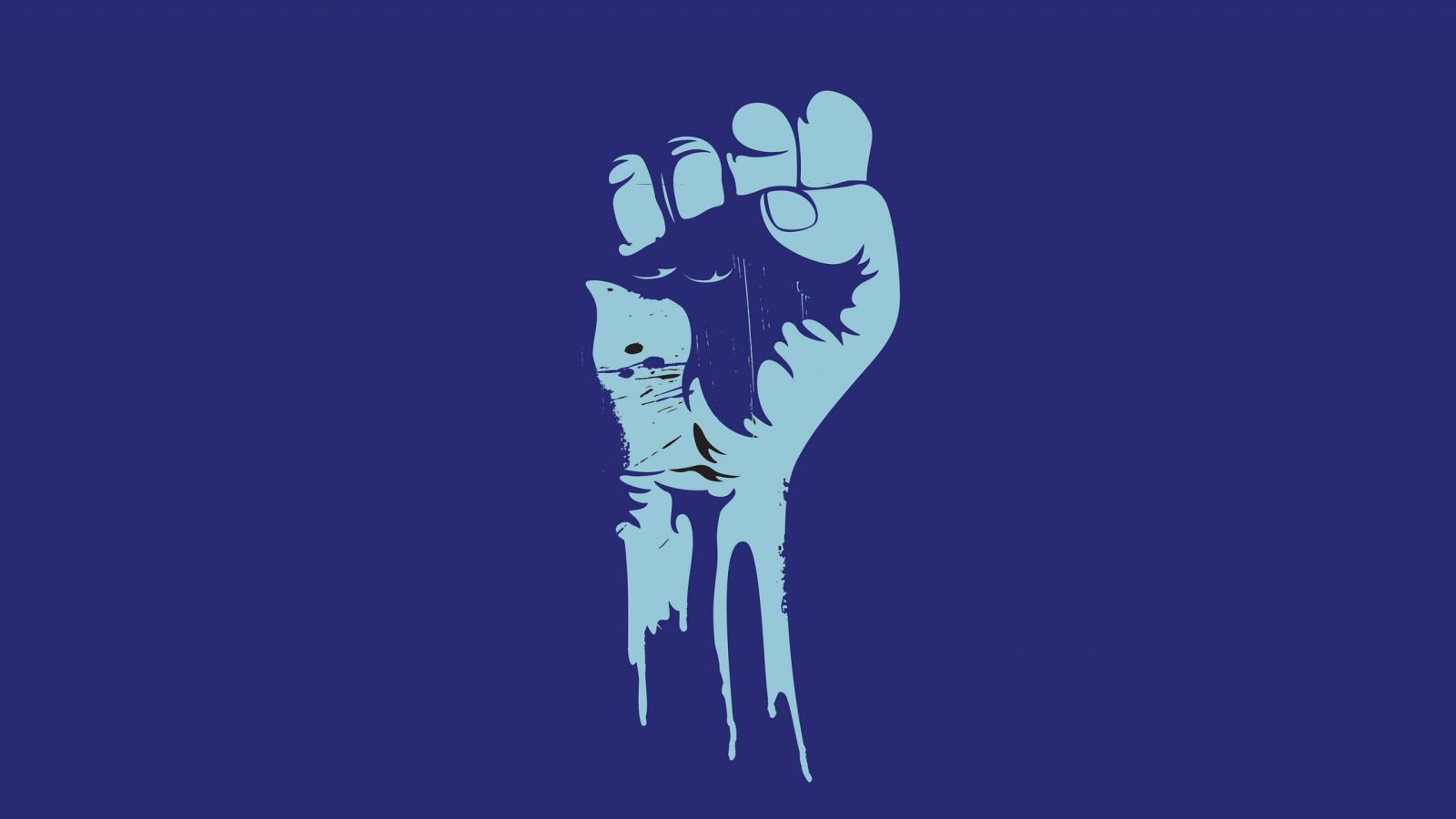If this Ummah Will Undoubtedly Fall into Misguidance, What Is the Benefit of Calling to the Truth?
Shaykh al-Islām Ibn Taymiyyah


Shaykh al-Islām Ibn Taymiyyah (d. 728 AH) said:
Al-Bukhārī narrated from the ḥadīth of Abū Hurayrah (رضي الله عنه) that the Prophet (صلى الله عليه وسلم) said: “My Ummah will assuredly adopt the ways of the generations of the past. Step by step, handspan .” They [the Ṣaḥābah] said: “The Persians and the Romans?” He (صلى الله عليه وسلم) replied: “Who are the people except for them?”1
This was said as a way of informing them of the definite occurrence of such emulation, blaming those who adopt such behaviour. Just as he (صلى الله عليه وسلم) used to relate to them the ḥarām actions of mankind before the occurrence of the Hour, all of which are included among its signs.
We learn from this ḥadīth that resembling the Persians and Romans, or the Jews and Christians, is among the traits that are blameworthy according to Allāh and His Messenger. This is what is meant by the ḥadīth. It should not be said: If the Book of Allāh and the Sunnah already prove that such a resemblance shall occur, what is the benefit of forbidding it? [This should not be said] because the Book of Allāh and the Sunnah also prove that there will always be from among this ummah a party that hold steadfastly to the truth with which Muḥammad (صلى الله عليه وسلم) was sent. This party among them shall be present until the occurrence of the Hour.2 As this ummah shall never come together wholly and completely upon misguidance.3 Thus, in forbidding this resemblance as in the ḥadīth, there is a means by which this victorious party is increased in number. A way of affirming and strengthening their way, and increasing their īmān. So we ask Allāh—the One who answers invocations to make us among them.
Also, even if all of mankind were to adopt this objectionable resemblance, knowledge of its occurrence represents a full acknowledgment of that which is contemptible and despised and facilitates our faith in this fact. For, indeed, having knowledge and faith regarding that which is hated by Allāh and His Messenger (صلى الله عليه وسلم) represents goodness in itself. Even if that knowledge is not acted upon. For the benefit of possessing knowledge and īmān together is greater than the benefit one derives from just acting in ignorance. For a person who is fully aware of righteousness and objects to all obscenities is better than one who possesses a dead heart—completely unaware of righteousness, unable to object to that which is obscene. Do you not see that the Prophet (صلى الله عليه وسلم) said: “Whoever among you sees that which is objectionable, let him change it with his hand. If he is not able to, then by his tongue. If he is not able to, then by his heart. And that is the weakest of faith.” Narrated by Muslim.4 In another narration: “There is nothing below that with regards to īmān, even that of a mustard seed.”5
Objecting with the heart: is to have īmān that what has occurred is an objectionable obscenity, and hating it because of this acknowledgement. If this was to occur, then that heart truly possesses īmān. Whenever the heart becomes completely devoid of recognising righteousness and objecting to obscenities, then īmān has abandoned such a heart.
Also [among its benefits] is that a man may seek forgiveness for a sin while continuing to partake in it, or engage in acts of righteousness that erase it, or erase some of it, or lessen it. His desire for it may also weaken as a result of his acknowledgement of its obscene nature. Even if we knew undoubtedly that mankind shall never abandon engaging in obscenities, refusing to admit that their actions are obscene and objectionable, this would not prevent us from delivering the message and clarifying true knowledge. Rather, our obligation to deliver the message shall not cease, nor the obligations stipulated by that which we have been commanded with or forbidden from—as postulated in one narration from Imām Aḥmad and many others among the people of knowledge. All praise be to Allāh for that which He has informed us regarding that the Prophet (صلى الله عليه وسلم) said: There will always be in his ummah a plainly evident party upon the truth, until the order of Allāh is issued [for the Hour].
This explanation is not specific to this issue. Rather, it applies to every objectionable act whose occurrence was related to us by the truthful [the Prophet (صلى الله عليه وسلم)].
Endnotes:
[1] Authentic: narrated by al-Bukhārī: 7319
[2] This party has been related in many narrations, among them is in al-Bukhārī: 3641. Many were also graded authentic by Shaykh al-Albānī in al-Sirāj al-Munīr: 7585-7591.
[3] Ḥasan: narrated by al-Tirmidhī: 2167 and others. Graded Ḥasan by Shaykh al-Albānī due to its many narrations. See Silsilah al-Aḥadīth al-Ṣaḥīḥah: 1500 and al-Saḥīḥah: 1331.
[4] Authentic: narrated by Muslim: 49.
[5] Authentic: narrated by Muslim: 50.
Source: Iqtiḍāʾ al-Ṣirāt al-Mustaqīm: 151-153
Translated by: Riyāḍ al-Kanadī

















